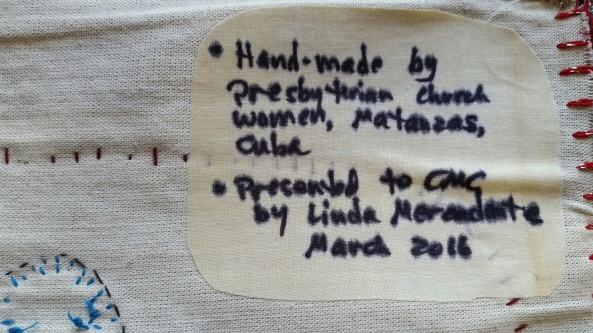Easter Sunday is past, but the liturgical season of Easter is only beginning, running up through Pentecost Sunday, May 15. During this Easter season our worship theme will be “Conversions.”
The plural is intentional. We’ll be looking at different conversion stories in scripture and in more recent history, beginning this Sunday with Thomas the Twin, aka, Doubting Thomas (John 20:19-29). We’ll also be looking at the multiple kinds of conversions we experience throughout life – what we are converted away from, and what we are converted toward. Or, to use biblical language, how we “die” to different paths and versions of ourselves, and how we are “born again,” again, and again.
The theme of antiracism will continue to be an undercurrent of our worship, although we won’t be hitting it quite as hard for the next number of weeks. As we ponder conversions we’ll also be considering ways to revisit the antiracism theme in a more direct way in the summer and fall months.
How are you being converted? What are you being converted away from? Converted toward? Who and what is converting you?


